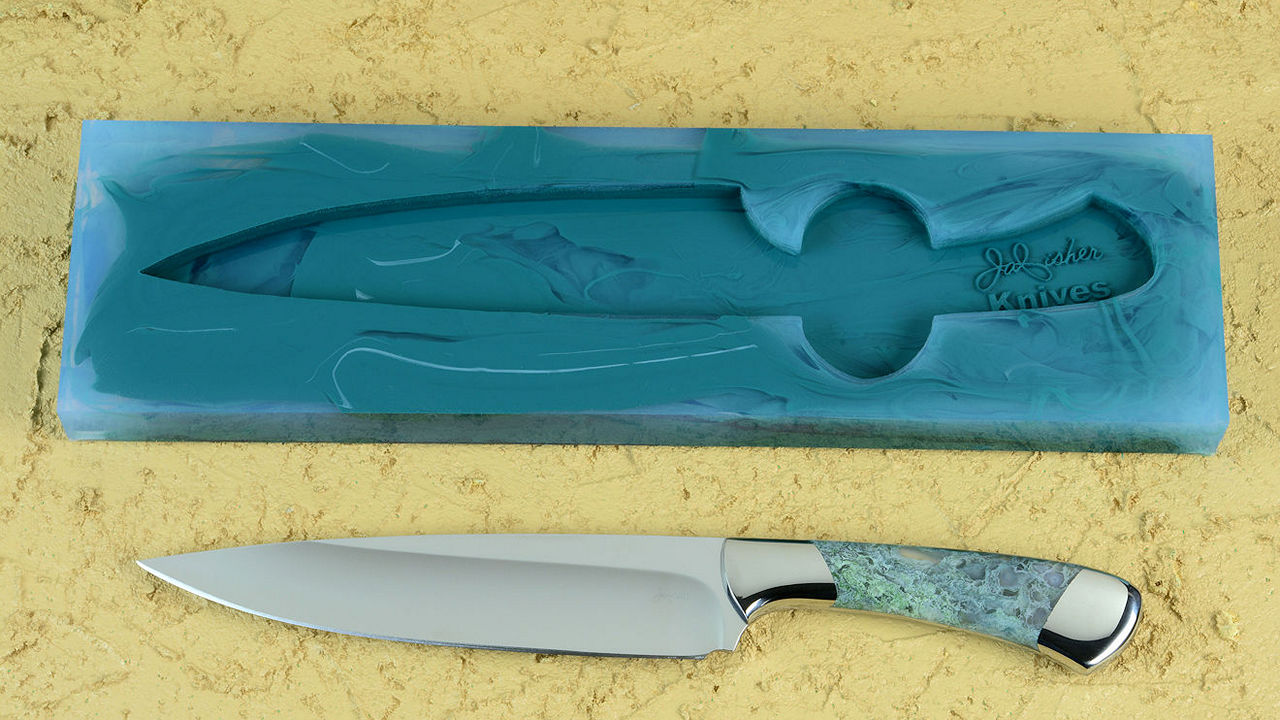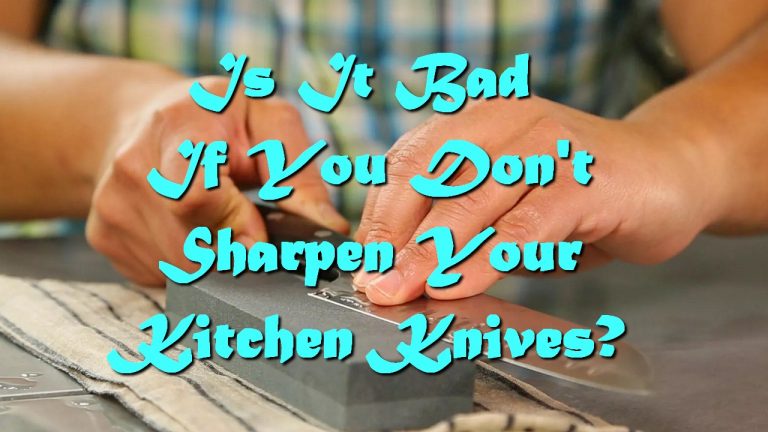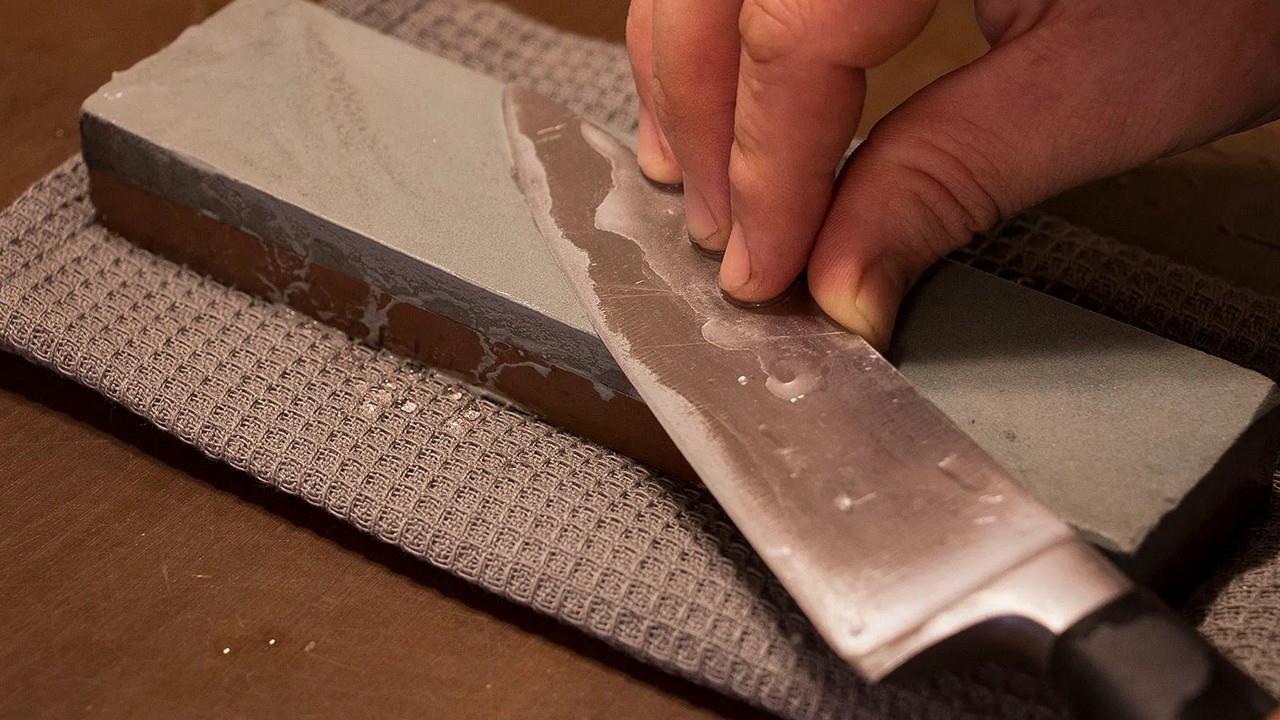You cannot hold in your excitement after purchasing your new kitchen knife. The knife fits perfectly in your grip and the length is ideal for cutting all manner of ingredients. As you leave the store, the attendant inquires if you will be purchasing any sharpening supplies or equipment for your knife. You cannot hide the puzzlement from your face. So you ask, “Is it bad if I don’t sharpen my kitchen knife?”
Many homeowners and cooking fanatics are unaware of some do’s and don’ts when it comes to the kitchen. We take it as your motivation to offer professional advice on all matters knives. Check out our page, https://knivesadvice.com/, and find more content on knives.
The reality on the ground

Purchasing a new knife leaves you in awe of the razor-sharpness of the edge. You imagine how it will slice those hard ingredients like butter. After a few weeks in the kitchen, the realization hits you that the knife is not as sharp as before.
Even the best quality of life isn’t able to maintain its sharpness forever. A knife is bound to chip and become dull with frequent use. Knife sharpening is a must for any person who loves cooking. We have prepared a few do’s and don’ts to keep your knives sharp and your kitchen even sharper.
Do’s
- Your knives should always be clean and dry. This reduces the possibility of rust forming on your knife.
- Use a wooden cutting board. The softer surface will have less damage on your blade. Harder surfaces like stone or steel are bound to dull your knife faster.
- On the occasion that you need to sharpen your knives, use a sharpening stone. Invest in a whetstone to keep your knives razor-sharp all year round.
- During sharpening, keep the angle consistent. Hold the knife at the same angle and finish the process by polishing and stropping.
Don’ts
- We advise you not to chop or hack at food with your knife. If you find yourself in such a situation, it reveals that the knife was not meant for that particular purpose.
- When honing a knife, don’t bash it against the honing rod. Such an action will lead to the chipping of your knife. The honing rod is meant to be used in a smooth and precise motion. With long even strokes, it maintains the edge of your knives.
- A knife system will have damaging effects on your knife edge or scratch up the blade’s face. In addition, a knife system will not give you similar results as a whetstone.
Conclusion
We encourage our clients and customers to learn how to sharpen their knives at home. Sharpening your knives maintains performance and also reduces the occurrence of small accidents. It is also recommended that you take your knives to a reputable knife company regularly and have them tuned.

